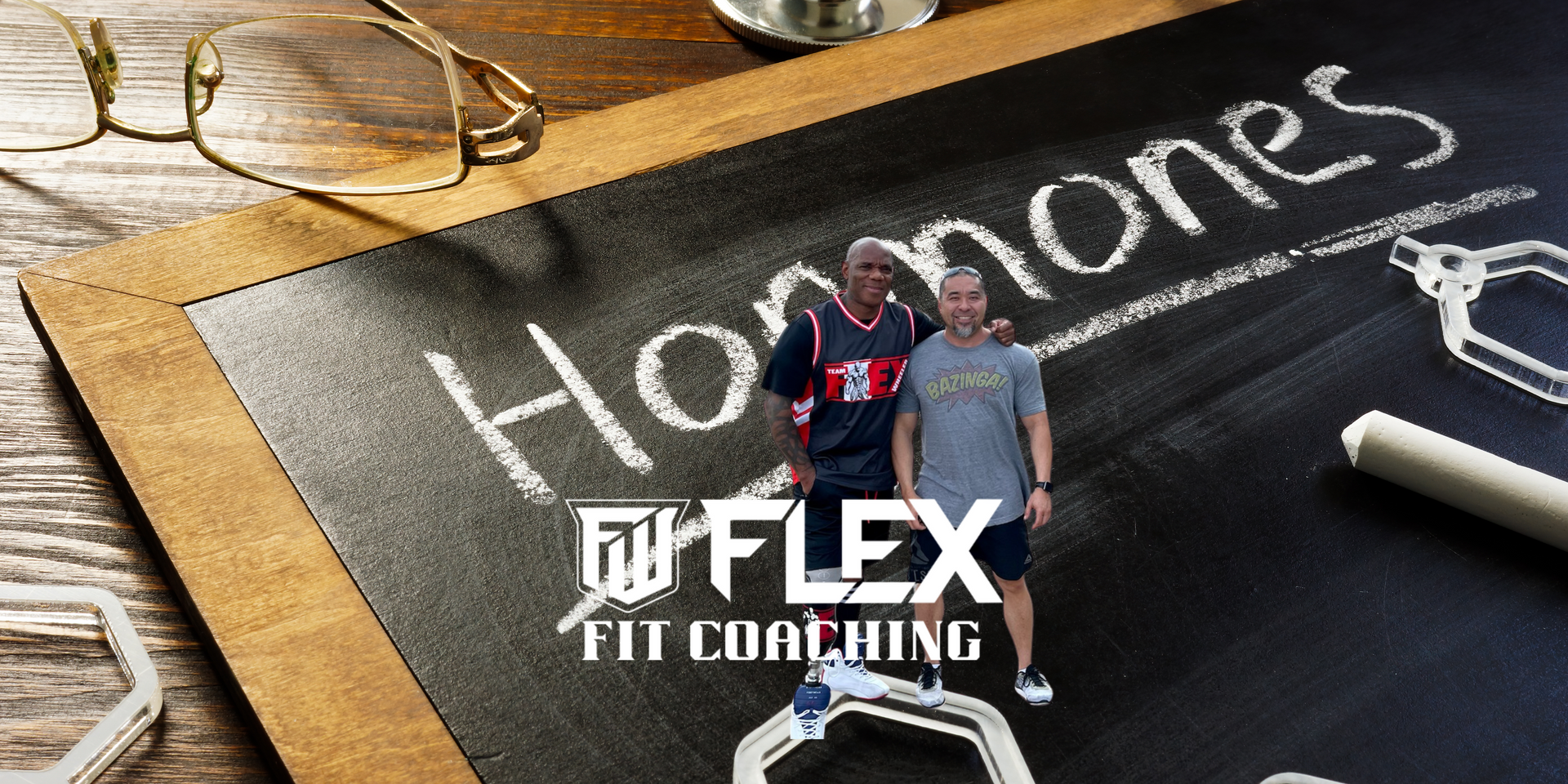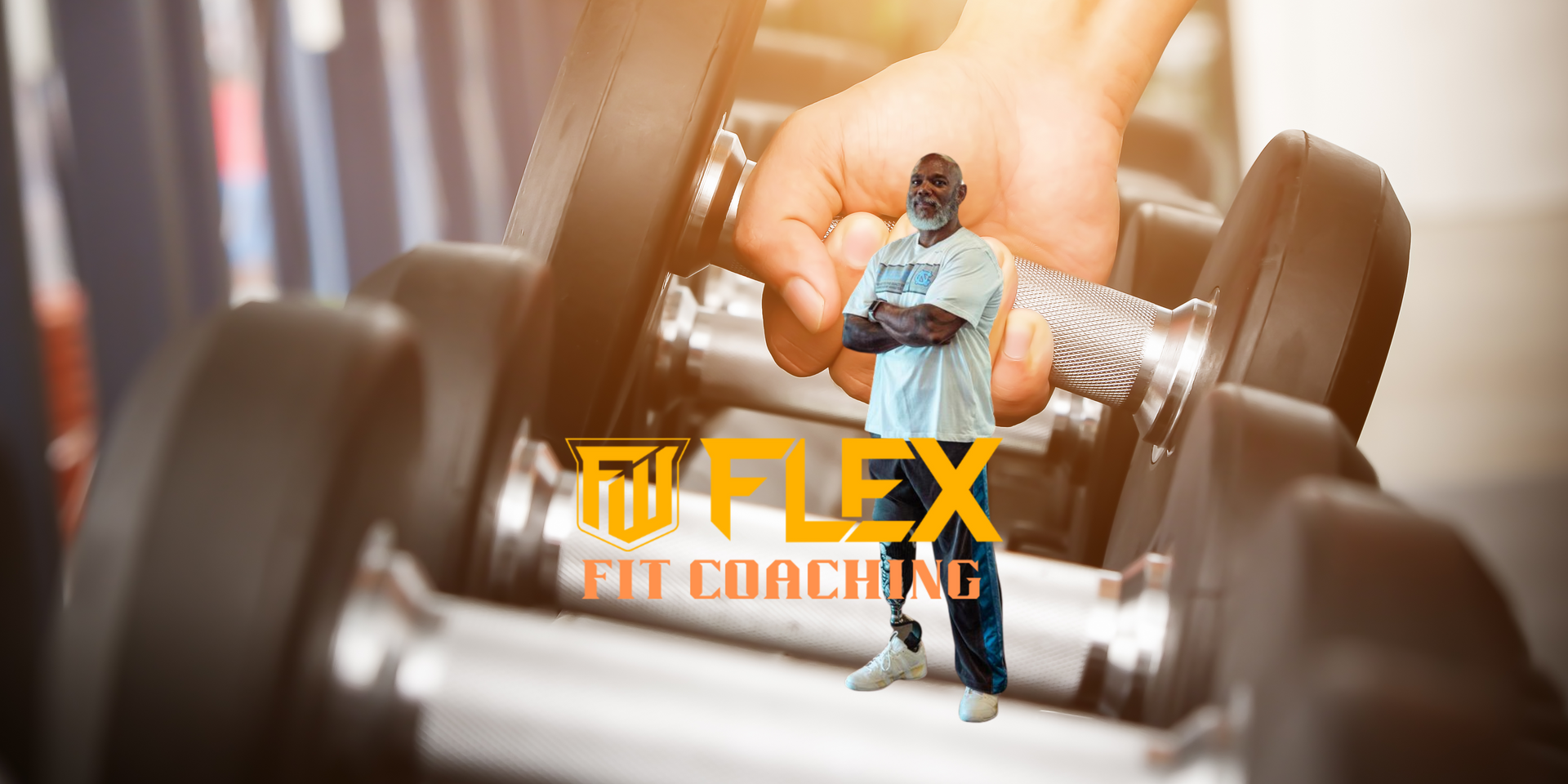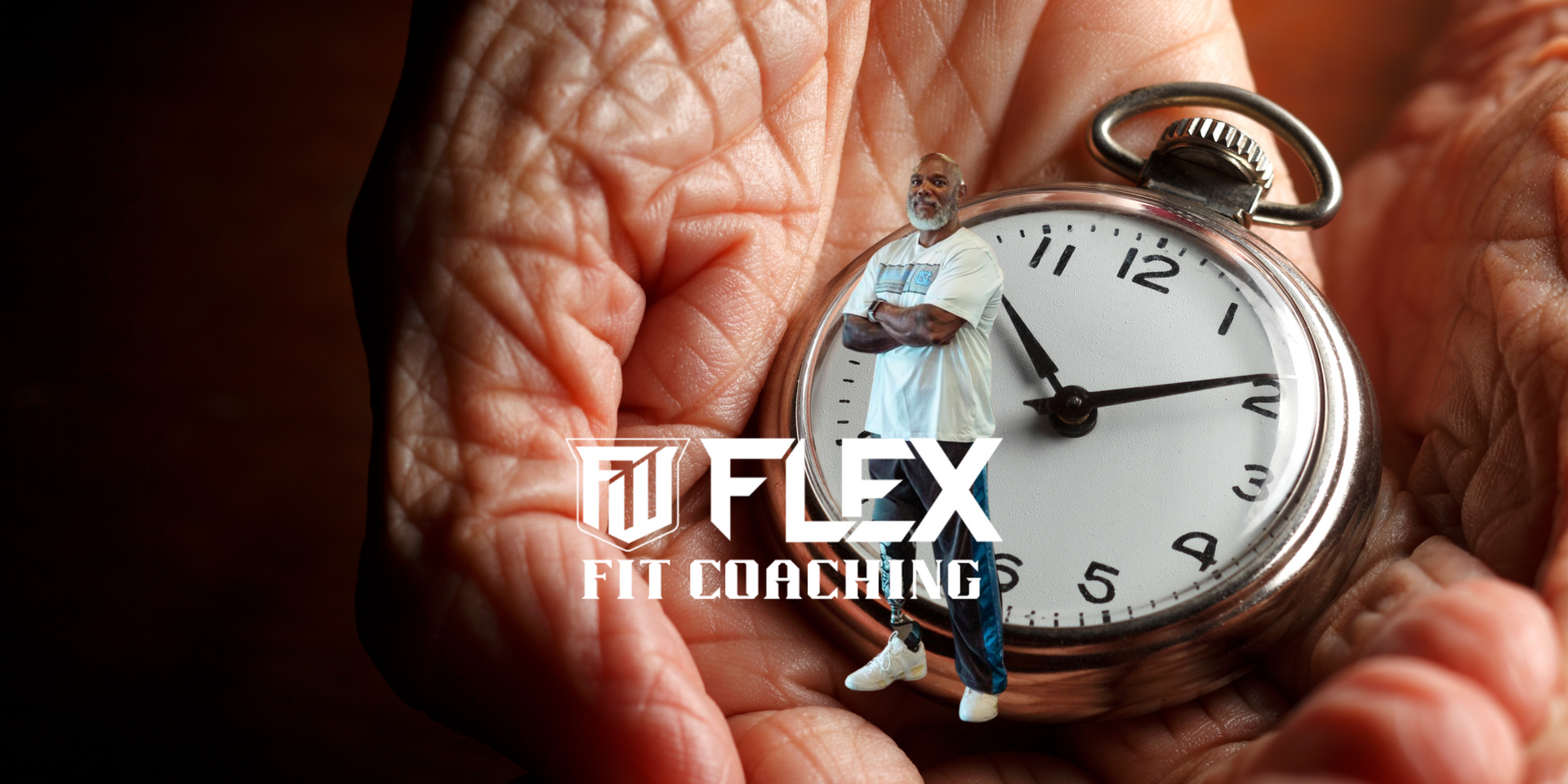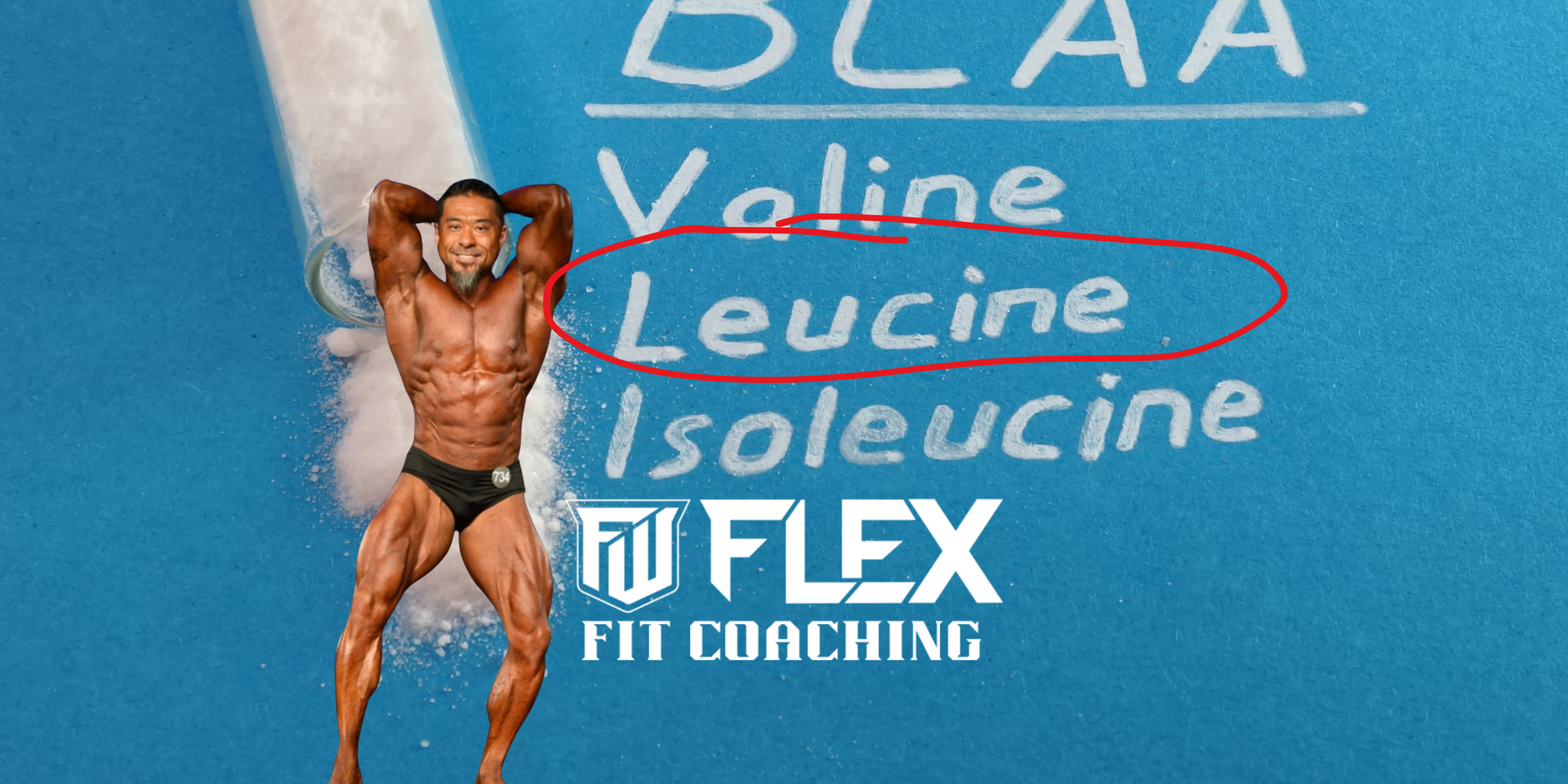Law Enforcement Training: Strength, Longevity, and Simplicity
Training for Law Enforcement: Keeping It Simple and Effective
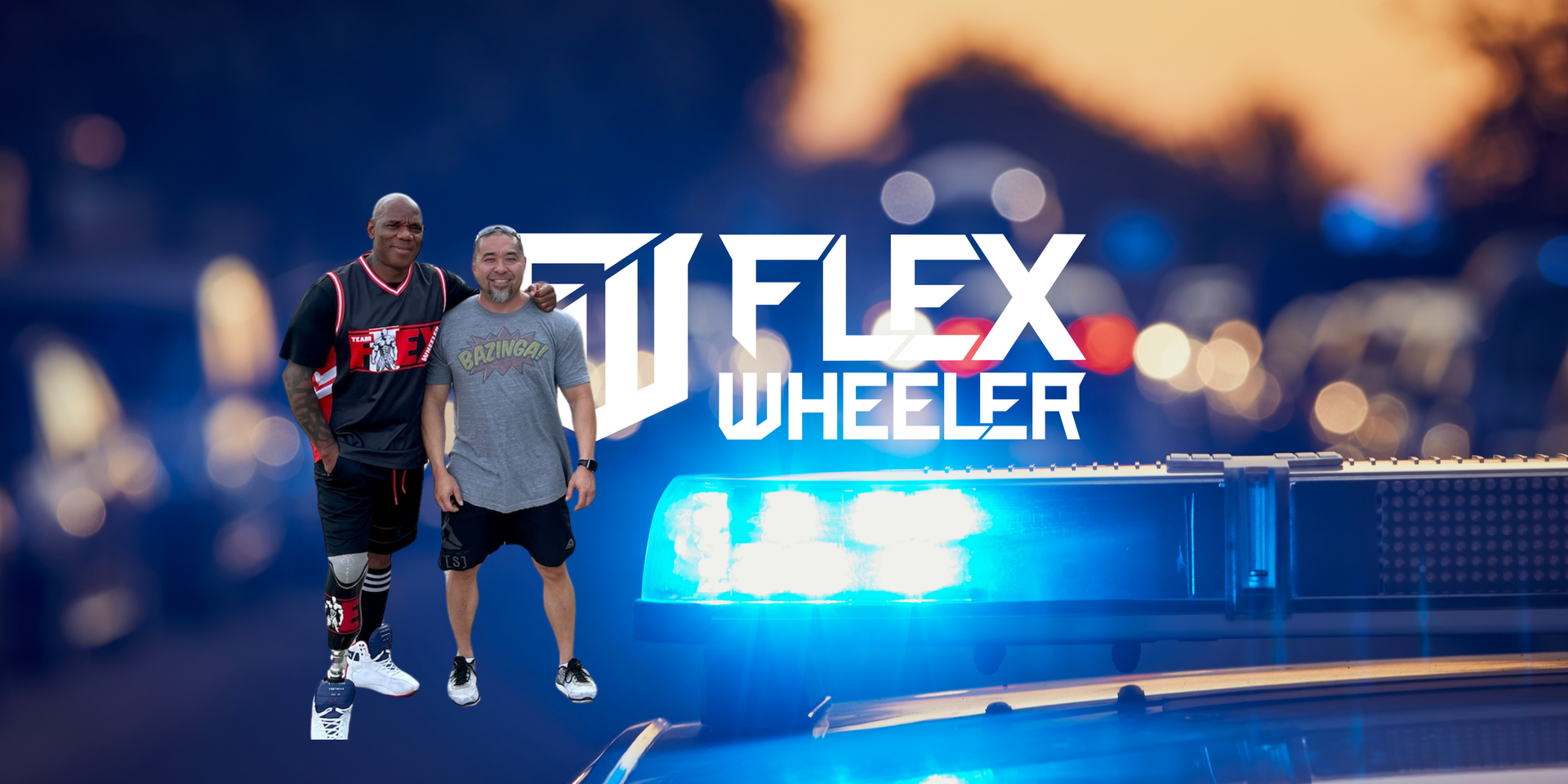
Train Strong, Stay Ready: Simple and Effective Workouts for Law Enforcement
Training for Law Enforcement: Keeping It Simple and Effective
Training to be a law enforcement officer is actually more straightforward than many make it out to be. The primary goal is to stay injury-free while building strength and endurance to ensure a long, successful career. This is accomplished through proper training, optimal nutrition, and effective recovery strategies. Today, we’ll focus on the workout aspect of this equation.
Less Gym Time, More Efficiency
Contrary to what some may believe, you don’t need to live in the gym to build a strong and capable body. Training three days a week for about an hour per session is sufficient. The key is not excessive volume but rather using effective exercises and training with intent.
Train Like an Athlete
As a law enforcement officer, you are a specialized athlete. Your job requires strength, power, agility, and endurance. Much like how we train competitive athletes, your workout routine should be built on foundational movements that develop full-body strength and resilience.
The Big Three: Squat, Deadlift, and Standing Shoulder Press
The foundation of your strength training should be built upon the squat, deadlift, and standing shoulder press. These compound movements recruit multiple muscle groups and translate directly into functional strength required on the job. Each of these exercises has variations that can be incorporated to avoid plateaus and address specific needs:
- Squat Variations: Back squat, front squat, goblet squat, box squat
- Deadlift Variations: Conventional deadlift, sumo deadlift, Romanian deadlift, trap bar deadlift
- Standing Shoulder Press Variations: Barbell press, dumbbell press, single-arm press
By focusing on these primary movements, you’ll develop the necessary strength to handle the physical demands of law enforcement work while reducing the risk of injury.
Training Smart for Longevity
Remember, training isn’t about beating yourself up in the gym; it’s about building a body that’s durable, strong, and ready for the challenges of law enforcement. Prioritize proper form, progressive overload, and recovery to maximize your results while minimizing the risk of injuries.
In the next article, we’ll discuss how to optimize your nutrition to fuel your performance and recovery. Stay tuned and train smart!
Coach Greg Nagaye MS, CSCS

